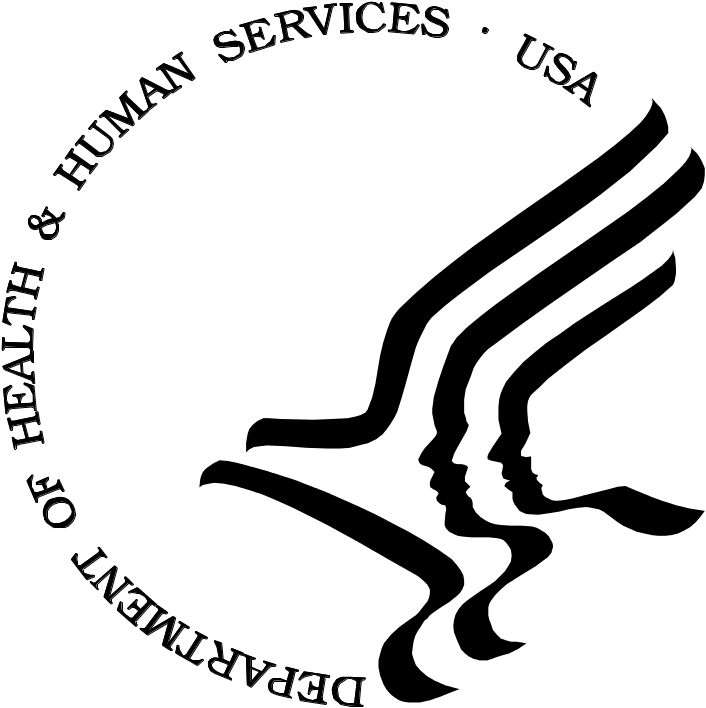Measuring Trust - justification
Measuring Trust QDRL OMB-10-day letter.doc
NCHS Questionnaire Design Research Laboratory
Measuring Trust - justification
OMB: 0920-0222
 DEPARTMENT
OF HEALTH & HUMAN SERVICES Public
Health Service
DEPARTMENT
OF HEALTH & HUMAN SERVICES Public
Health Service
Centers for Disease Control and Prevention
 National
Center for Health Statistics
National
Center for Health Statistics
3311 Toledo Road
Hyattsville, Maryland 20782
July 6, 2010
Margo Schwab, Ph.D.
Office of Management and Budget
725 17th Street, N.W.
Washington, DC 20503
Dear Dr. Schwab:
The staff of the NCHS Questionnaire Design Research Laboratory (QDRL) (OMB No. 0920-0222, exp. 03/31/2013) plans to conduct research to evaluate a questionnaire on measuring trust in official statistics as part of an international cognitive testing project for the Organization for Economic Co-operation and Development (OECD), Electronic Working Group on “Measuring Trust in Official Statistics”. Kathy Wallman, Office of Management and Budget, serves as the U.S. representative on the Electronic Working Group on “Measuring Trust in Official Statistics”.
We propose to start advertising for volunteer participants as soon as we receive clearance and to start testing as soon as possible after that.
Background Information about Cognitive Testing of Questionnaires
The methodological design of this proposed study is consistent with the design of typical cognitive testing research. As you know, the purpose of cognitive testing is to obtain information about the processes people use to answer survey questions as well as to identify any potential problems in the questions. The analysis will be qualitative.
Proposed project: Measuring Trust in Official Statistics
This project will conform to the usual QDRL procedures for cognitive testing of a questionnaire module. The proposed questions will be asked of adults (aged 18 and over).
We propose to recruit 50 adults (aged 18 years and older) who have an interest in and follow statistics on health, inflation, the consumer price index, the gross domestic product, employment/unemployment, and the crime rate through a combination of a newspaper advertisement, flyer, and our QDRL Respondent Database. The newspaper advertisement/flyer is shown in Attachment 1. Within these constraints, we hope to recruit participants with some demographic variety (particularly in terms of gender, education, race/ethnicity, and income).
Interviews will be conducted by QDRL Staff, and one staff person from the Office of Analysis and Epidemiology (OAE), in the QDRL with as many as 50 respondents for 60 minutes each. With the consent of the participants, the interviews will be recorded on videotape or audiotape. Participants will be informed of taping procedures (including observation if applicable) in the process of reviewing the consent forms, and the equipment will be turned on once it is clear that the procedures are understood and agreed upon.
The testing instrument is shown in Attachment 2. At the end of the interviews, participants will be paid and provided with copies of all papers they signed.
We propose paying participants $40, which is our standard payment. In total, for this project, the maximum respondent burden will be 50 hours of interviewing in addition to travel time. An updated burden table for this project is shown below:
-
Projects
Number of
Participants
Number of
Responses/
Participant
Average hours
per response
Response
burden
QDRL Interviews
2) Other questionnaire testing
50
1
1
50
Attachments (2)
cc:
M. Moien
M. Daneshvar
S. Perryman
| File Type | application/msword |
| File Title | DEPARTMENT OF HEALTH & HUMAN SERVICES |
| Author | krs0 |
| Last Modified By | krs0 |
| File Modified | 2010-07-06 |
| File Created | 2010-07-06 |
© 2026 OMB.report | Privacy Policy